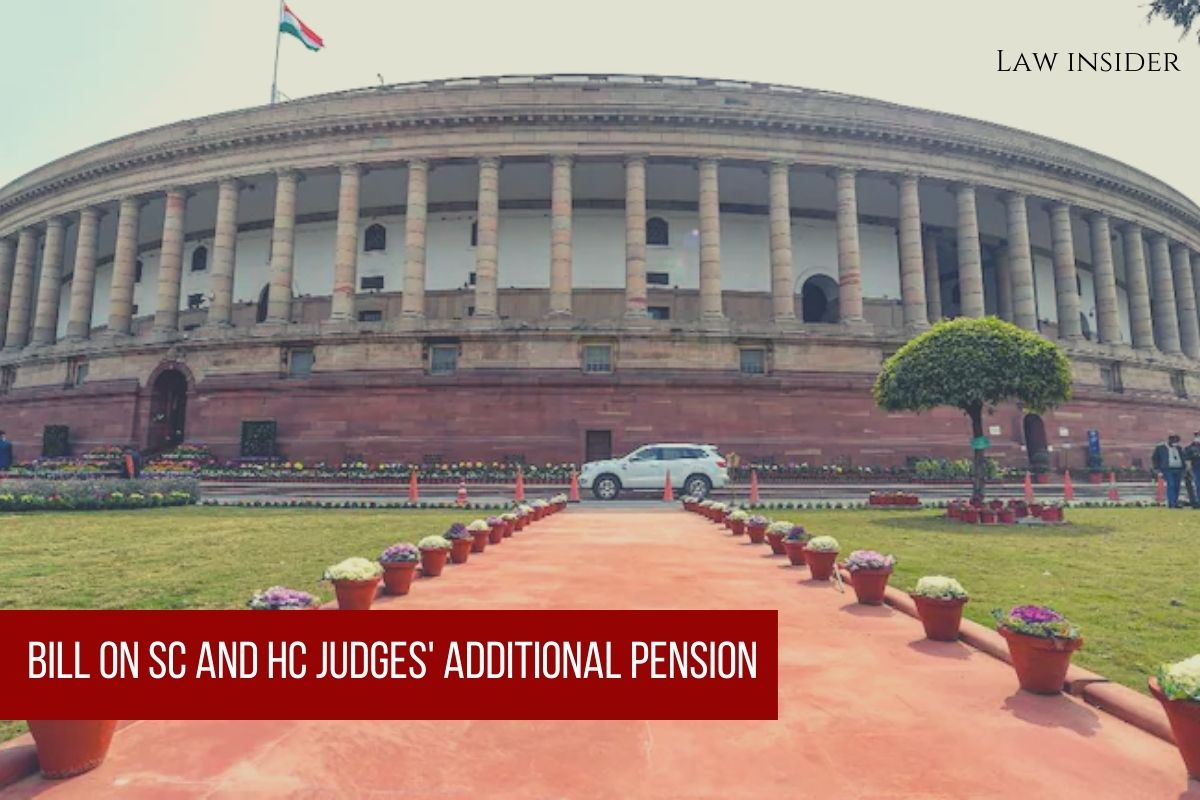Swarna Shukla-
Published on: December 1, 2021 at 21:55 IST
The Lok Sabha introduced a Bill that wishes to bring clarity on when Supreme Court and High Court Judges are entitled to an additional quantum of pension or family pension on attainment of a certain age.
The High Court and Supreme Court Judges (Salaries and Conditions of Service) Amendment Bill, 2021, proposes to amend the High Court Judges (Salaries and Condition of Service) Act and the Supreme Court Judges (Salaries and Condition of Service) Act.
As per the Bill, the two laws were amended in 2009 to provide that every retired judge or, in the event of his death, his family, will be entitled to an additional quantum of pension or family pension. As a result, retired Judges of the High Courts and the Supreme Court will be eligible for an additional pension when they attain the age of 80, 85, 90, 95, or 100, as the case may be.
However, in a Writ Petition filed by retired High Court Judge Virendra Dutt Gyani, the Gauhati High Court ruled on March 15, 2018 that a retired Judge would be eligible for an additional quantum of pension under the High Court Judges Act in the first slab beginning on the first day of his 80th year.
Furthermore the Bill states, “Subsequently, the High Court of Madhya Pradesh also, vide its order dated December 3, 2020 passed in Writ Petitions filed by the Association of Retired Judges of Supreme Court and High Court of India, has directed respondent Union of India to construe the word ‘from’ as it appears on the slab under Section 16B of the 1958 Act and Section 17B of the 1954 Act as the first day of entering the minimum age of the slab – 80,85,90,95 and 100 years – along with other consequential benefits to the petitioners.”
The intension behind the insertion of the Sections 16B and 17B was to provide benefit of additional quantum of pension to a retired Judges from the very first day of the month in which they complete the age specified in the first column of the scale and not from the first day of them entering the age specified therein as so interpreted by the High Courts.

